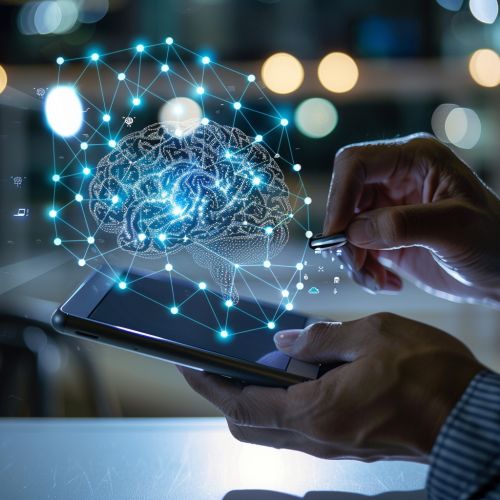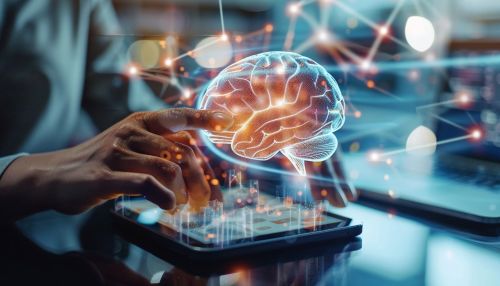Cognitive Mechanisms of Brain Training and Neuroplasticity
Introduction
The human brain is a complex organ that has the remarkable capacity to change and grow throughout a person's lifetime. This ability, known as neuroplasticity, is the foundation of brain training. Brain training refers to the use of tasks or exercises to harness neuroplasticity and improve cognitive abilities, such as memory, attention, and problem-solving. This article will delve into the cognitive mechanisms of brain training and neuroplasticity, providing a comprehensive understanding of these fascinating phenomena.


Neuroplasticity: The Foundation of Brain Training
Neuroplasticity, also known as brain plasticity, is the brain's ability to reorganize itself by forming new neural connections throughout life. This process allows the neurons (nerve cells) in the brain to compensate for injury and disease, and to adjust their activities in response to new situations or changes in their environment.
Neuroplasticity can be observed at multiple levels, from changes in individual neurons to larger changes in the brain's cortical organization. For instance, neuroplasticity can lead to neuronal remodeling, where the structure of existing neurons is altered. It can also result in neurogenesis, the creation of new neurons, or changes in the strength of connections between neurons, known as synaptic plasticity.
Cognitive Mechanisms of Brain Training
Brain training is based on the principle that, like muscles in the body, the brain can be trained to improve its function. This is achieved through cognitive exercises that are designed to enhance specific cognitive abilities, such as memory, attention, and problem-solving.
The effectiveness of brain training is underpinned by several cognitive mechanisms, including:
Attention
Attention is a cognitive process that allows individuals to focus on specific stimuli or tasks while ignoring others. Brain training exercises often target attention, as it is a fundamental aspect of many cognitive functions. For instance, working memory, which is the ability to hold and manipulate information over short periods, relies heavily on attention.
Memory
Memory is another crucial cognitive function targeted by brain training. There are several types of memory, including short-term memory, long-term memory, and working memory. Brain training exercises can be designed to enhance each of these memory types.
Cognitive Flexibility
Cognitive flexibility, also known as cognitive control or executive function, is the ability to switch between different tasks or mental states. It is a crucial aspect of problem-solving and decision-making. Brain training exercises often target cognitive flexibility, as it is a key determinant of cognitive performance.
Brain Training Methods
There are several methods of brain training, each targeting different cognitive functions. These include:
Computerized Cognitive Training
Computerized cognitive training involves the use of computer programs or video games to improve cognitive abilities. These programs are designed to target specific cognitive functions, such as memory, attention, and problem-solving.
Physical Exercise
Physical exercise has been shown to have a positive impact on cognitive function, including memory and attention. This is thought to be due to the increased blood flow to the brain during exercise, which can stimulate neuroplasticity.
Mindfulness Training
Mindfulness training involves practices such as meditation and yoga, which are designed to improve attention and cognitive flexibility. These practices can also reduce stress, which can have a negative impact on cognitive function.
Effectiveness of Brain Training
The effectiveness of brain training is a topic of ongoing debate in the scientific community. Some studies have found that brain training can lead to improvements in cognitive function, while others have found little to no effect.
However, it is generally agreed that brain training is most effective when it is personalized to the individual's needs and abilities. This is because each person's brain is unique, and what works for one person may not work for another.
